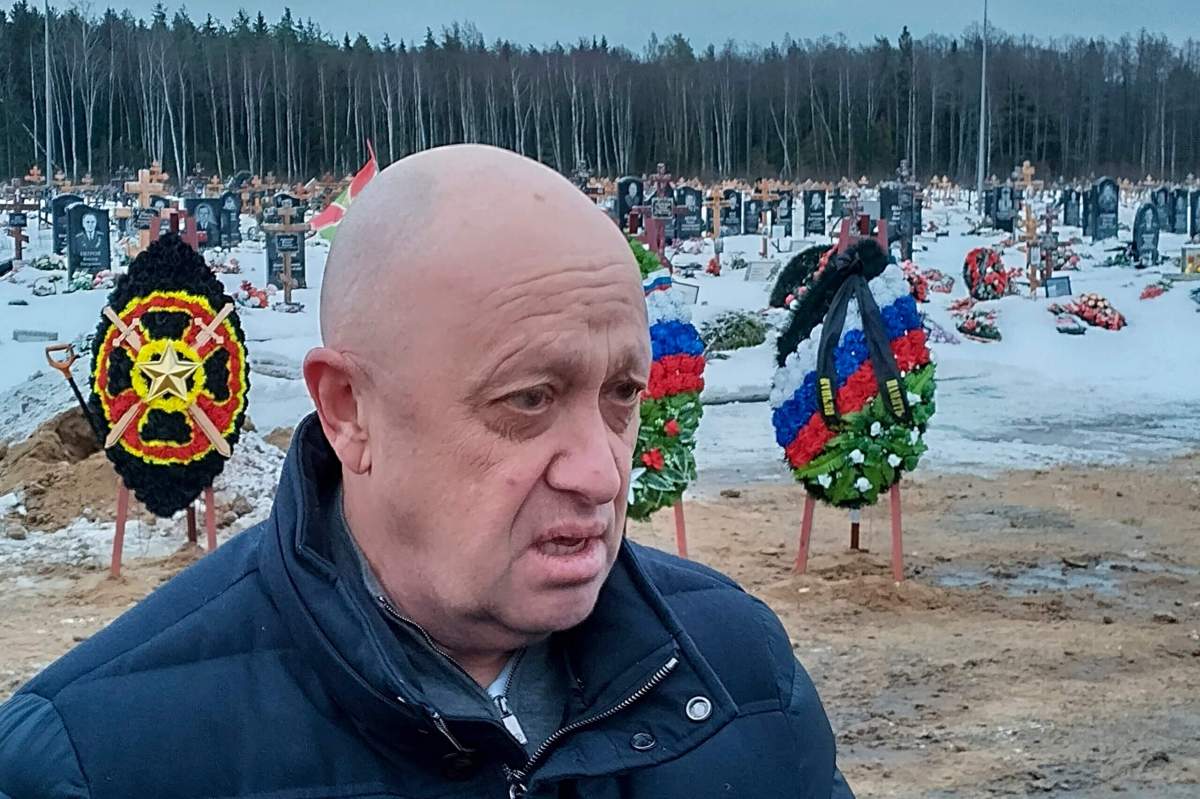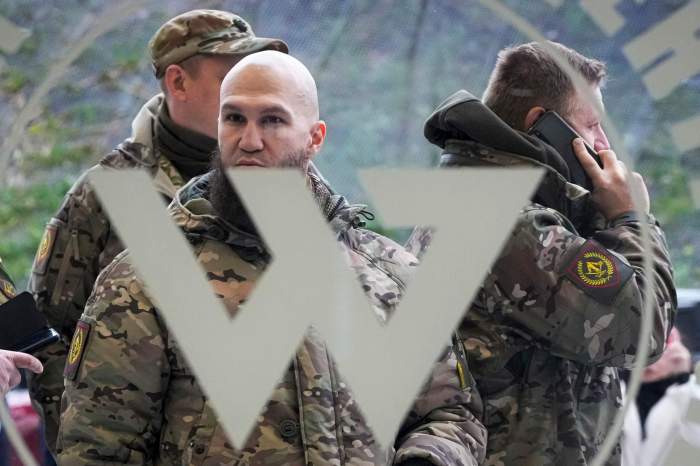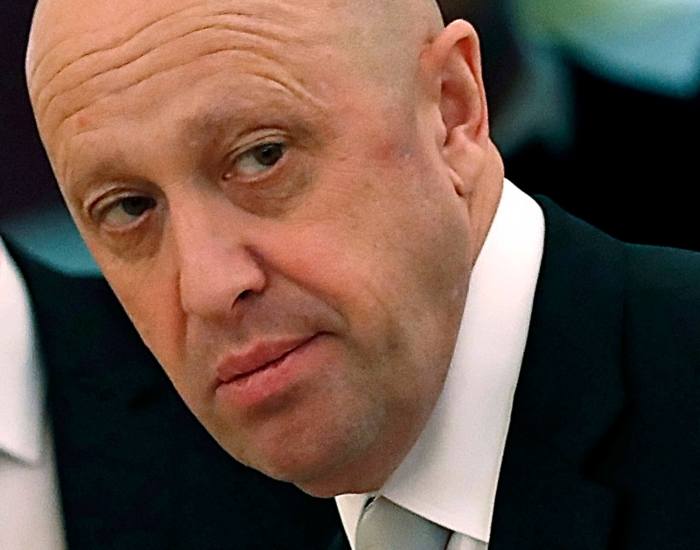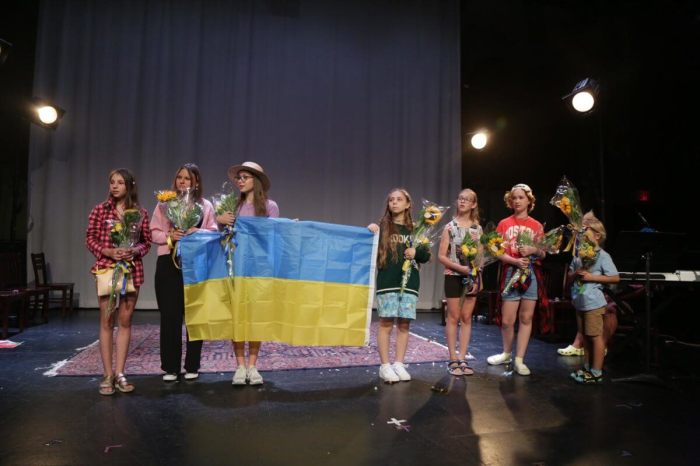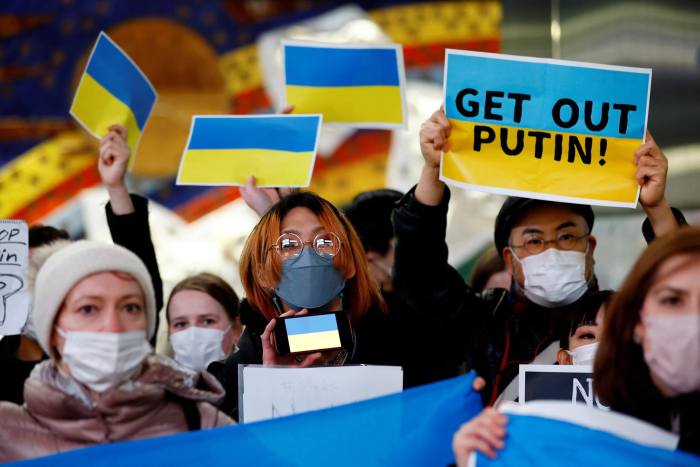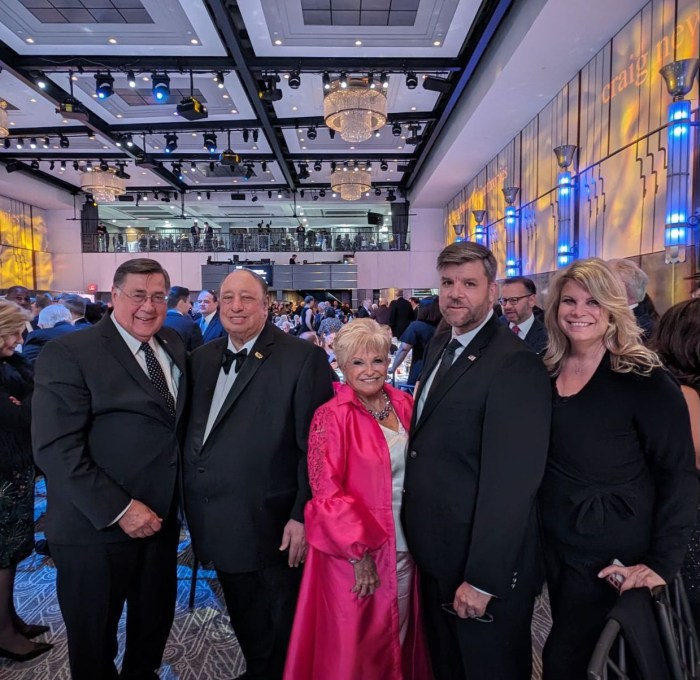Authorities in Russia launched a criminal probe Friday against the owner of the Wagner Group military contractor over his alleged threats to oust Russia’s defense minister.
The announcement follows a statement from owner Yevgeny Prigozhin accusing Russian Defense Minister Sergei Shoigu of ordering a rocket strike on Wagner’s field camps in the Ukraine where its soldier are fighting on behalf of Russia against Ukranian forces.
Prigozhin said that his troops would now move to punish Shoigu and urged the army not to offer resistance. Prigozhin declared that “this is not an armed rebellion, but a march of justice.”
The Russian Defense Ministry rejected Prigozhin’s claim and the National Anti-Terrorism Committee, the country’s top counter-terrorism structure, said it opened a criminal inquiry on charges of making calls for a military coup.
Kremlin spokesman Dmitry Peskov said that Russian President Vladimir Putin has been informed about the situation, adding that “all the necessary measures were being taken.”
Prigozhin, the outspoken millionaire head of the private military contractor Wagner, stood in a video in front of the bloodied bodies of his slain troops in Ukraine and yelled expletive-riddled insults at Russian military leaders, blaming them for the carnage.
“They came here as volunteers and they died to let you lounge in your mahogany offices,” Prigozhin shouted during the video in May. “You are sitting in your expensive clubs, your children are enjoying good living and filming videos on YouTube. Those who don’t give us ammunition will be eaten alive in hell!”
It was a disquieting display for Russians used to more than two decades of rigidly controlled rule by President Vladimir Putin — years with little sign of infighting among his top lieutenants.
Prigozhin’s video and his other rants against the military leadership have been met with silence from Putin. Some see the president’s failure to squelch the infighting as a sign of potential shifts in Russia’s political scene that sets the stage for more internal battles.
Prigozhin’s rift with the military escalated sharply Friday, when he accused Defense Minister Sergei Shoigu of ordering a rocket strike on Wagner’s field camps that resulted in a “huge” number of casualties. The Defense Ministry quickly rejected Prigozhin’s claim.
He said the Wagner forces were embarking on a mission to punish the military leaders who ordered the strike and urged the army not to offer resistance, saying his troops will fire at any military checkpoints that would try to stop them and down any attacking aircraft.
“We would see those who try to oppose us as a threat and destroy them immediately,” he declared.
“The evil envisaged by the country’s military leadership must be stopped,” Prigozhin shouted in a recorded statement, adding that his forces weren’t seeking to challenge Putin and other government structures. “We will sort it out with those who destroy Russian soldiers and then return to the front line. Justice in the armed forces will be restored, and then justice will be restored in all of Russia.”
The conflict so far has been ignored by state-controlled TV, where most Russians get their news. It’s followed closely, however, by the politically active, ultrapatriotic readers and viewers on social media networks, which share his contempt for military leaders.
The blistering criticism also continues even though the Kremlin vigorously cracks down on other critics through fines and imprisonment.
While there are no indications Putin is losing influence, “there are growing signs of deep dysfunction, anxiety, worry about the war and real problems in marshaling the resources necessary to fight it effectively,” said Nigel Gould-Davies, a senior fellow for Russia and Eurasia at the International Institute for Strategic Studies and the editor of its Strategic Survey.



